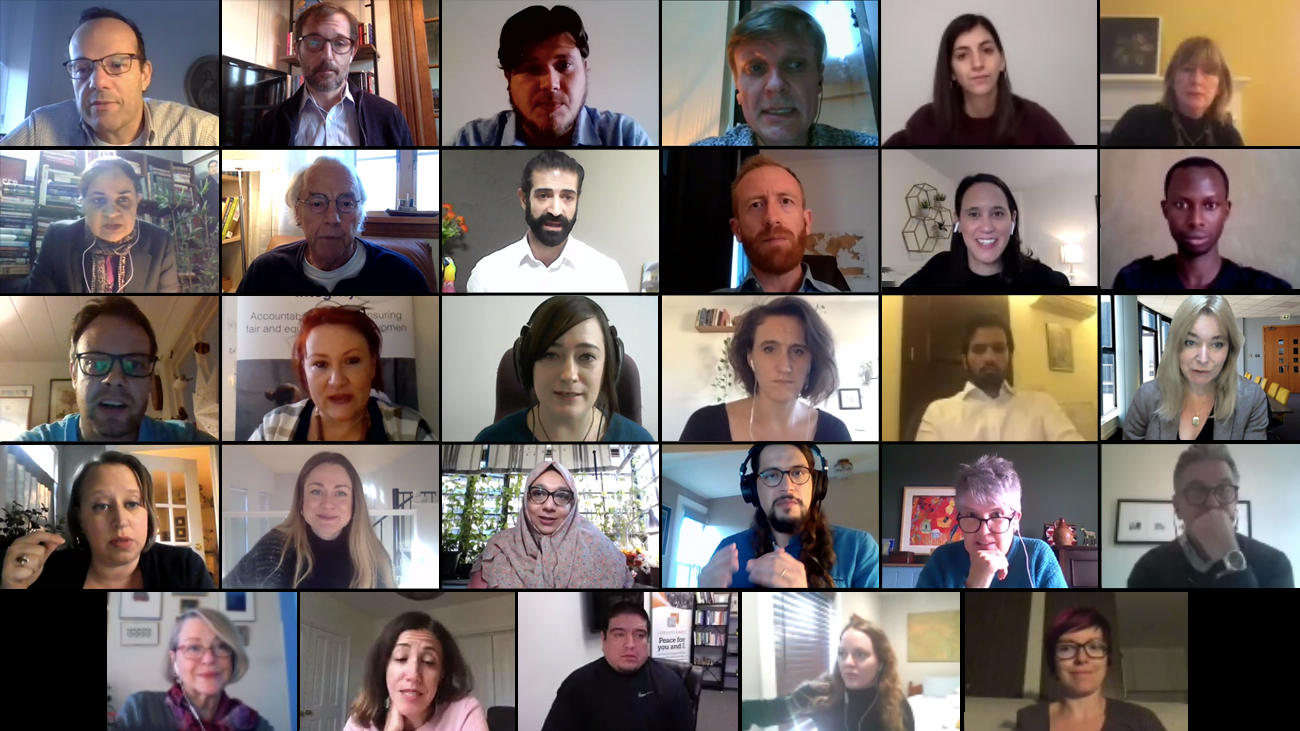
On November 16, 17, and 18, IPI and the UN Security Council Counter-Terrorism Committee Executive Directorate (CTED) jointly hosted a series of consultations to
explore if and how a focus on masculinities can allow for a more comprehensive approach to integrating gender considerations in counter-terrorism (CT) and countering violent extremism (CVE). The series aimed to identify specific policy implications of such an approach, as well as potential challenges and pitfalls.
At the Open Briefing of the Counter-Terrorism Committee on “integrating
gender into CT and CVE,” held on November 1, 2019, several Member States acknowledged the need to consider masculinities and requested CTED to give due regard to this issue.
The CTED-IPI consultations were held as four thematic sessions structured around a set of specific questions for each theme. Participants included academics, civil society experts and practitioners from different regions of the world, along with relevant United Nations partner entities.
Discussions centered on the following questions:
- What does the concept of “masculinity” mean in the context of CT/CVE?
- Why does it matter to consider masculinities in CT/CVE? What is the objective in doing so?
- What are the practical implications for policy?
- What are some of the challenges and potential adverse effects?
There is growing awareness that integrating gender in CT and CVE must include a focus on masculinities. This is reflected in a growing body of research into the relevance of masculinity for various aspects of terrorism and counter-terrorism, as well as the importance of avoiding a one-dimensional conception of gender. However, the bridge from that research to policy, as well as the bridge from policy to practical implementation, remains weak.
An issue brief on this topic is forthcoming.







